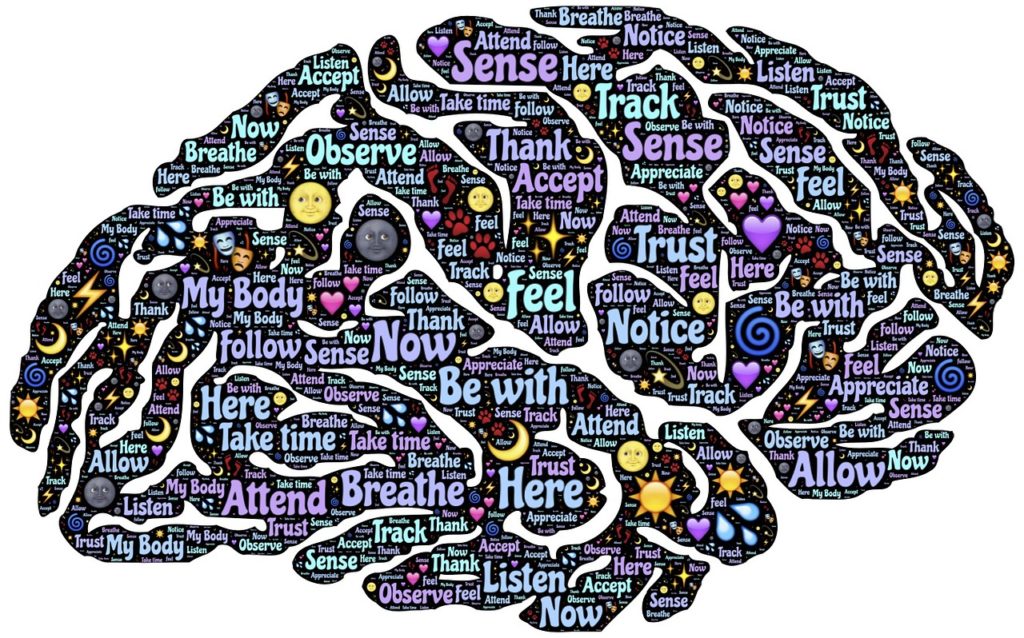Psychological skills are what we use to understand and manage our world, especially the social one, and to achieve or maintain well-being. In our daily “pursuit of happiness,” it is within our human capacity to alter circumstances that can change outcomes. And it is the psychological skills we can learn and bring to bear on those “circumstances” and “outcomes” that will determine our experience of life.
In addition to communication skills, social skills, and coping skills, the psychological skills associated with CBT include:
- Self-Regulation – being able to calm yourself down when you’re upset and cheer yourself up when you’re down, and to act (i.e., behave) in your long-term best interest.
- Processing – being able to reflect, consider, and understand the why and the how of certain reactions, feelings, and moods, thus altering future outcomes and consequences. This is the antidote to conditioning.
- Disputation – helps us to expose biases and distorted thinking, see our world more clearly and accurately, and most importantly, re-train the Elephant.
- Step Back – being able to engage “a learned reaction” that gives our Rider a chance to “be heard,” thus protecting oneself in a potential or escalating crisis.
- Critical Thinking – this is a set of cognitive skills that enables one to organize one’s thinking, and to spot and identify fallacies, manipulations, and obstacles in both verbal and written communication. One becomes better able to make personal choices about what to accept and what to reject; and it’s very helpful in identifying and overcoming the dysfunctional conditioning one has been subjected to and is the unwitting victim of. One can learn critical thinking skills by taking a class, using online courses, or through books (e.g., Asking the Right Questions by Browne & Keeley.
- Sitting Quietly – also manifest in mindfulness, prayer, reflection, meditation, respite, chilling, taking time out, collecting, noticing, or centering – can be adapted and applied in rather flexible ways. In the ERM specifically, it is used by the Rider to help in directly “working with the Elephant” to identify, implement and effect desired change.
________
As children, we are generally “educated” to behave in ways that meet the expectations and rules of the contextual authority responsible (e.g., our parents, school, religion, organization). It is a hallmark of our culture that this early learning is an attempt to teach us, or help us, to meet our perceived and eventual needs; and thus, one would expect, that along the way we might start to develop some, if not all, of these important and life enhancing skills.
We could all take stock of our own skillsets; and consider what else, or what could better, serve our needs and desires…

